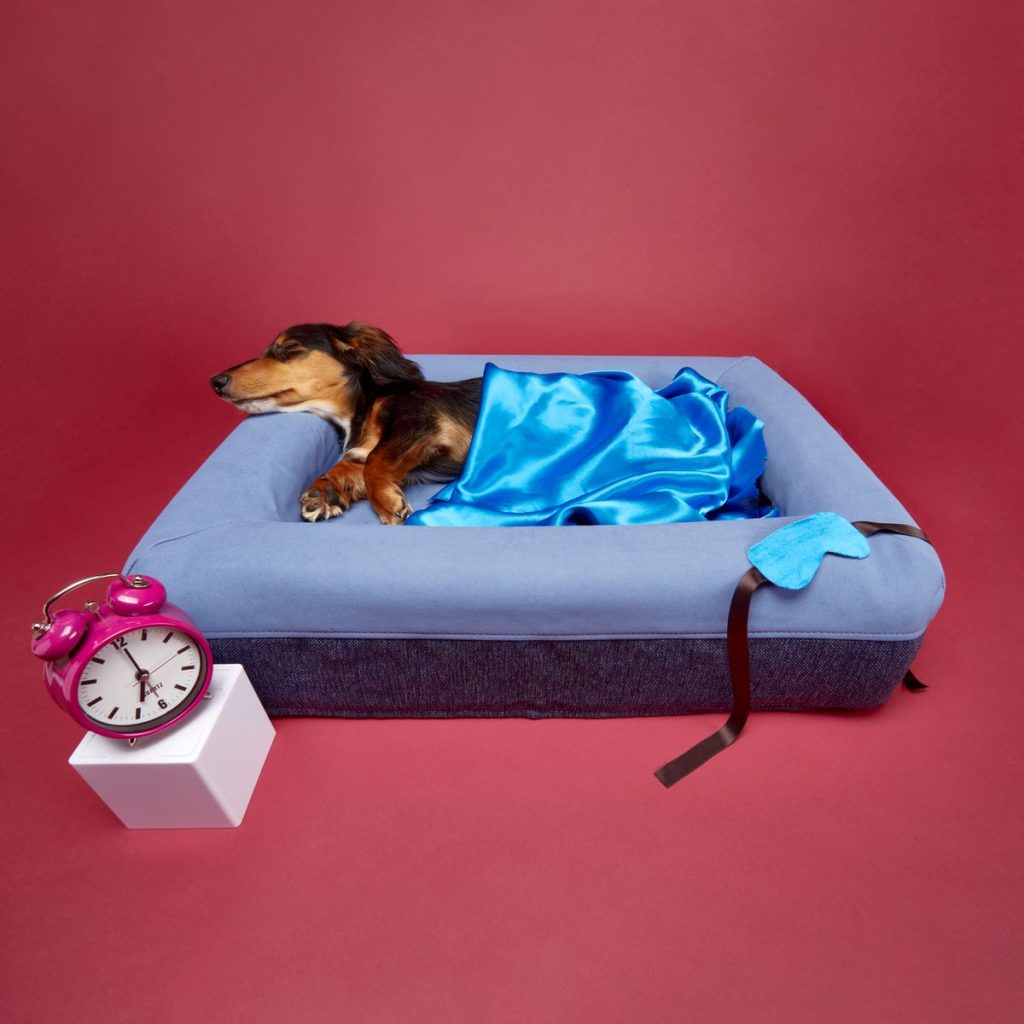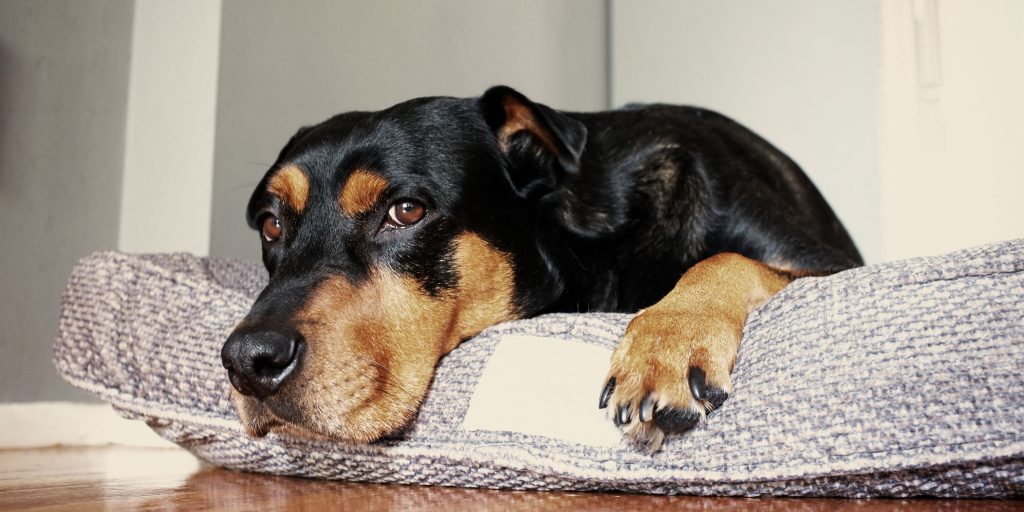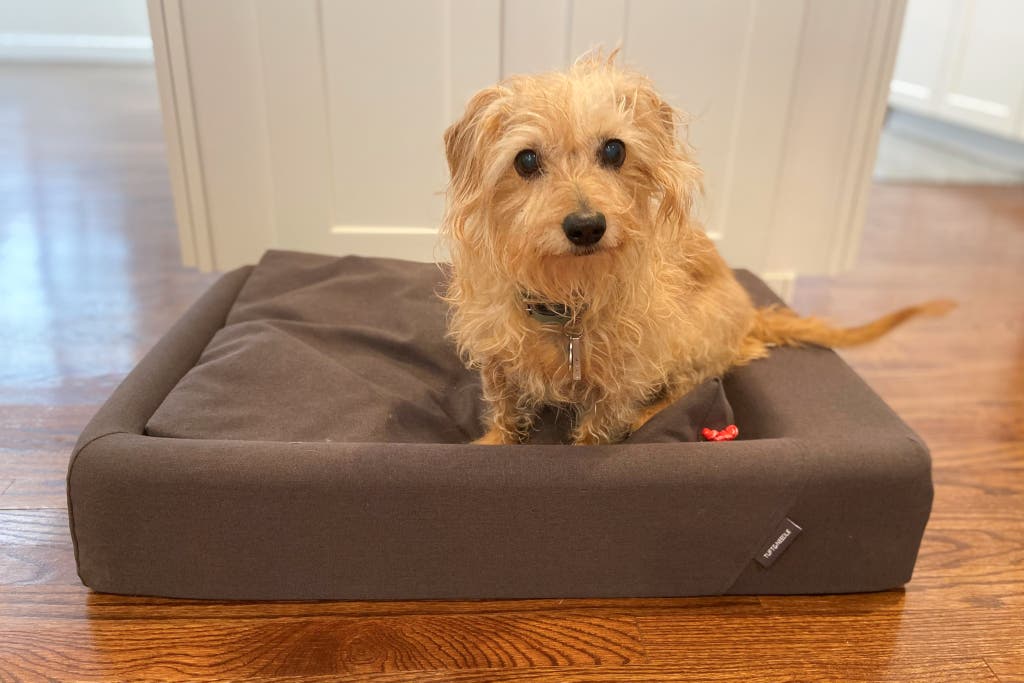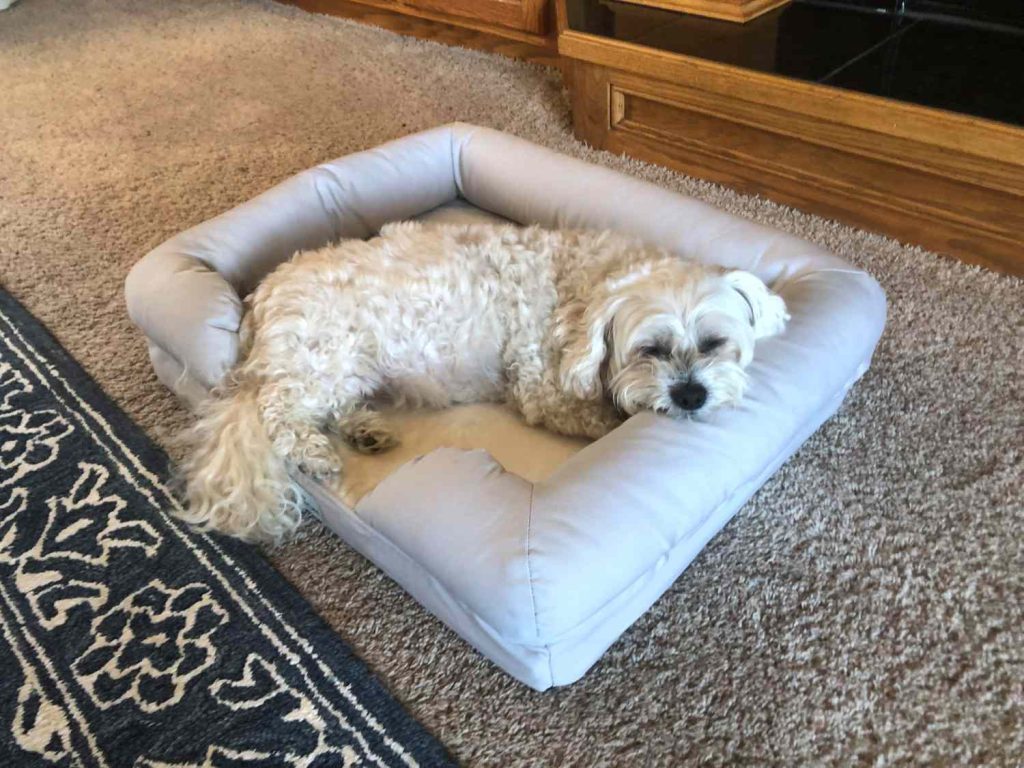When it comes to choosing the perfect bed for your furry friend, have you ever wondered if dogs have a preference? In the ongoing debate between round and square beds, canine companions everywhere seem to have their own opinions. However, the question remains: do dogs actually favor one shape over the other? In this article, we explore the fascinating world of dog bed preferences and uncover the surprising factors that may influence their choice. So, whether you’re a dog lover or simply curious about our four-legged friends, get ready to discover the fascinating truth about round versus square beds.
The Preference of Dogs: Round vs Square Beds
When it comes to choosing the perfect bed for your furry friend, there are a few factors to consider. One of the main decisions you’ll have to make is whether to go with a round or square bed. Believe it or not, this seemingly simple choice can make a big difference in your dog’s comfort and overall happiness. In this article, we’ll dive into the factors that influence dog bed preferences, the advantages of round beds, the advantages of square beds, differences in dog breeds and bed preferences, research studies on dog bed preferences, considerations for choosing the right bed, training and conditioning for bed preference, signs of dog bed preference, popular choices of round bed vs square bed, and finally, understand the dog’s natural behavior before drawing a conclusion.
Factors that Influence Dog Bed Preferences
Just like humans, dogs have their own unique preferences when it comes to comfort. Some of the factors that influence their bed preferences include their size, age, breed, health condition, and sleeping habits. For instance, smaller dogs may feel more secure and cozy in a round bed, while larger dogs may prefer the extra space a square bed provides. Additionally, some dogs may have joint issues or arthritis, and a round bed with extra cushioning may offer better support for their joints.
Advantages of Round Beds
Round beds have certain advantages that make them appealing to dogs. First of all, the circular shape provides a sense of security. Dogs instinctively curl up to sleep, and a round bed mimics this natural sleeping position, allowing them to feel safe and snug. The raised sides of a round bed also act as a pillow, providing a comfortable headrest for your dog. Furthermore, round beds often come with soft, plush materials that add an extra level of comfort to your pooch’s naptime.
Advantages of Square Beds
On the other hand, square beds have their own set of advantages that may be more suitable for certain dogs. One of the main benefits of square beds is the ample space they offer. Dogs who like to stretch out while sleeping or have a larger build will appreciate the extra room provided by a square bed. Additionally, square beds can easily fit into corners or against walls, making them a great option for owners who want to save space in their home. Square beds also tend to have firmer sides, which can be beneficial for dogs who prefer a more structured and supportive sleeping surface.
Differences in Dog Breeds and Bed Preferences
Different dog breeds have distinct characteristics and preferences, and this can also influence their bed preferences. For example, small breeds like Chihuahuas and Shih Tzus often enjoy the cozy and secure feeling of round beds. These breeds tend to have a stronger nesting instinct and may find round beds more comforting. On the other hand, larger breeds such as Labradors and Retrievers may prefer the spaciousness of square beds, allowing them to stretch out their legs and have more freedom of movement while they sleep.
Research Studies on Dog Bed Preferences
Numerous research studies have been conducted to explore dog bed preferences. One study found that round beds were favored by dogs who seek comfort and security, while square beds were preferred by dogs who prioritize freedom of movement. Another study showed that dogs with anxiety or fear-related issues tend to find more comfort in round beds, as the enclosed shape helps them feel protected and reduces their anxiety levels. These studies emphasize the importance of considering your dog’s individual needs and personality when choosing a bed.
Considerations for Choosing the Right Bed
When selecting a bed for your furry companion, it’s essential to consider various factors. Firstly, assess your dog’s size and sleeping habits to determine the appropriate bed shape and size. Take into account any health conditions your dog may have, such as joint problems, and choose a bed that provides appropriate support. Consider the materials used in the bed, ensuring they are hypoallergenic and easy to clean. Lastly, keep in mind your dog’s preferences and behavior to make an informed decision.
Training and Conditioning for Bed Preference
Sometimes, dogs may not immediately take to a new bed. However, with some training and conditioning, you can help them develop a preference for their new sleeping spot. Start by placing their favorite toys or treats on the bed to make it a positive and rewarding experience. Gradually increase the amount of time you encourage them to spend on the bed until they become comfortable and begin to associate it with relaxation and rest.
Signs of Dog Bed Preference
It’s essential to pay attention to your dog’s behavior to determine if they have a preference for a certain type of bed. Signs of bed preference include your dog consistently choosing one bed over the others, voluntarily spending more time on a specific bed, or visibly appearing more comfortable and relaxed on a particular bed. By recognizing these signs, you can make adjustments to ensure your dog’s sleeping needs are being met.
Round Bed vs Square Bed: Popular Choices
When it comes to popular choices, the round bed and square bed both have their loyal supporters. Round beds are often preferred by small to medium-sized dogs who seek comfort and security. On the other hand, square beds are commonly chosen by larger dogs or those who prefer more space and freedom to stretch out. Ultimately, the choice between a round bed and a square bed should depend on your dog’s individual preferences and needs.
Understanding the Dog’s Natural Behavior
To fully understand your dog’s preference for round or square beds, it’s important to consider their natural behavior. Dogs have an innate instinct to seek out safe and comfortable spaces to rest and sleep. This behavior is rooted in their ancestors’ need to protect themselves and conserve energy. Round beds, with their enclosed shape, mimic the safety of a den or nest, while square beds allow for more open and versatile sleeping positions. By understanding and respecting your dog’s natural behavior, you can provide them with the best possible sleeping environment.
Conclusion
In the great debate between round beds and square beds, there is no one-size-fits-all answer. Dogs, just like humans, have their own preferences when it comes to comfort and sleep. Factors such as size, breed, and individual needs all contribute to their bed preferences. It’s crucial to consider these factors when choosing the right bed for your furry friend. Whether you opt for a round bed or a square bed, the most important thing is to provide a safe, comfortable, and cozy sleeping space that meets your dog’s unique needs.









